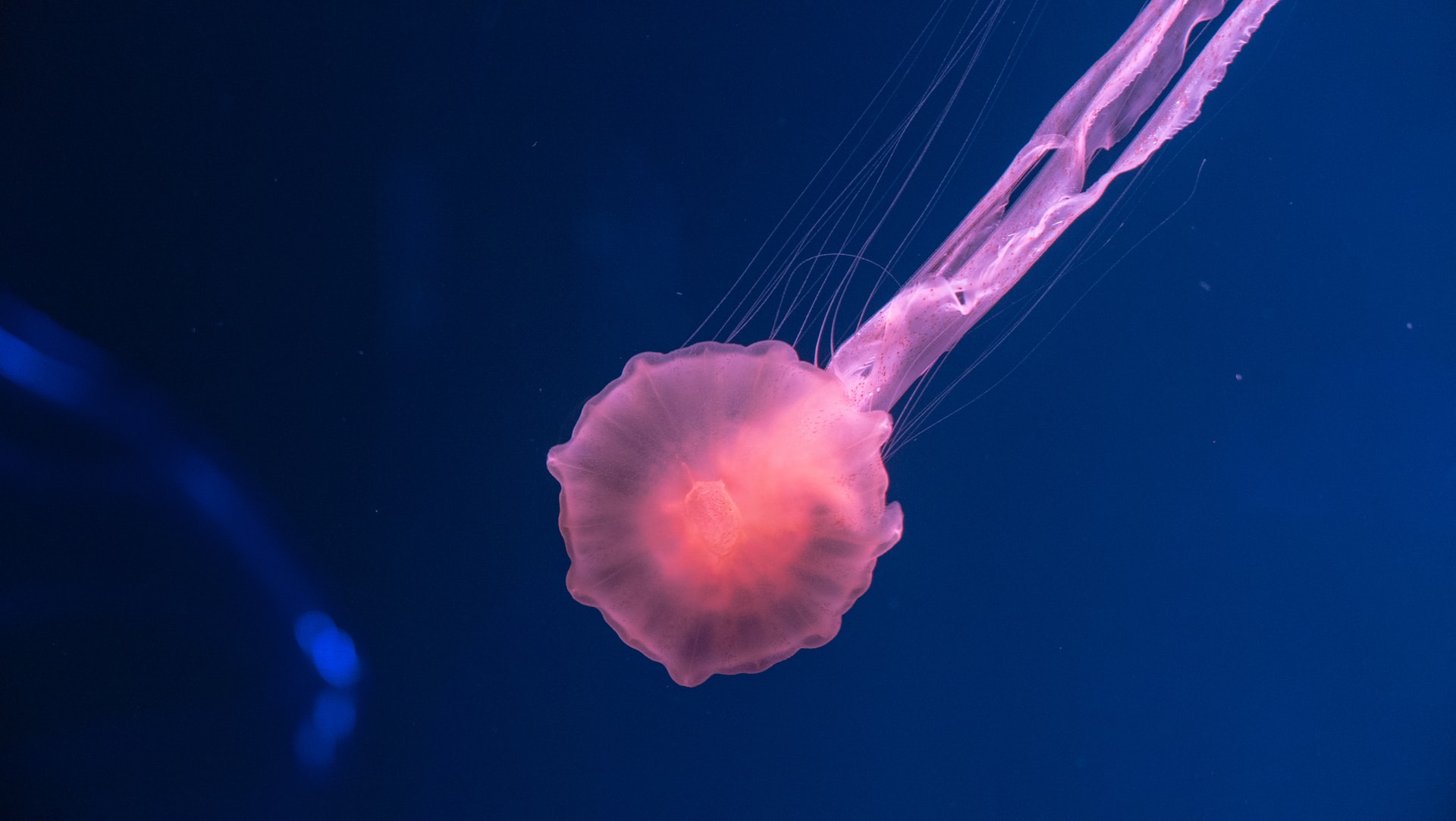
Comment Writer Georgia Brooks explores the unfair system of IVF access in England, arguing that it needs to change.
Content Warning: discussions of infertility and discrimination against LGBT+ couples
In Vitro Fertilisation (IVF) can provide many with the hope of children where there seemed to be none – it is a treatment that involves fertilising an egg in a laboratory and then returning the embryo to the womb to carry out a full-term pregnancy. However, for such a life-changing and appreciated treatment, the system by which IVF is granted is rife with inequalities and prejudices.
The National Institute for Health and Care Excellence (NICE) fertility guidelines recommend that all women under 40 should have access to three cycles of IVF, should they meet certain criteria. They must have been trying to get pregnant through regular unprotected sex for at least 2 years before they can qualify for IVF, or, if they have been unable to conceive after 12 cycles of artificial insemination (at least 6 cycles of which must be IUI). This already poses issues as most couples will not qualify for NHS funded Intrauterine insemination (IUI). To want to undergo IVF treatment, applicants will be unable to conceive naturally, and yet women will not be offered IUI on the NHS if they or their partner have unexplained fertility issues – an evident contradiction. This is only where the injustices surrounding fertility treatment begin.
This is only where the injustices surrounding fertility treatment begin
Although the guidelines explained above are NICE’s recommendations for IVF, the individual cases are decided by regional NHS Clinical Commissioning Groups, of which there are 207. This is where the postcode lottery comes into play, as in actual fact, only 12% of CCGs offer the recommended three full cycles. Due to funding issues, many groups place fertility treatment lower down the list of priorities and therefore couples struggling to conceive could end up receiving no help from the NHS at all, or facing far more stringent conditions, that could take a toll on their mental and physical health.
For example, under the Birmingham and Solihull CCG, if either partner has a living child (including any adopted children), the couple is not allowed to receive NHS funded IVF, or if they have ever received any previous infertility treatment. However, even if they do meet the many stringent conditions (such as the mother not smoking), they are only eligible for one cycle of IVF treatment. This means that if the single cycle is unsuccessful, (and there is a roughly 33% success rate for a single round of IVF), prospective parents will be forced to either pay extortionate amounts for private care, or accept that they cannot have biological children, which can be extremely damaging and upsetting, arguably made worse by the decision being taken out of their hands in this way.
Although it could be argued that there are potentially life and death issues on the line when it comes to NHS treatment, and therefore perhaps CCGs should be forgiven for prioritising these, the locational bias of the postcode lottery can just enhance existing inequalities. Poorer areas may need to increase spending on other sectors of healthcare and therefore neglect fertility, yet those who live in these areas will be unable to fund the treatment themselves.
The locational bias of the postcode lottery can just enhance existing inequalities
This geographical bias is not the only unfairness within the world of fertility treatment. For same-sex couples trying to conceive, the process can be even more expensive and traumatic. Heterosexual couples are expected to have tried to conceive naturally before exploring IVF options, as explained above – this obviously isn’t an option for same-sex couples, but they are expected to have attempted to conceive six times using artificial insemination, funded themselves before they will be considered for NHS treatment. This is an appalling double standard that obviously discriminates against same-sex couples, who have just as much right to biological children as any other couple, and yet are expected to pay for much of their own treatment in order to prove that they require funded IVF. Each cycle of IUI costs between £700 and £1,600, meaning a couple could end up having to pay almost £10k before being considered for NHS IVF cycles.
This is an appalling double standard that obviously discriminates against same-sex couples, who have just as much right to biological children as any other couple
Overall, the system for IVF treatment on the NHS is rampant with injustice and double standards, discriminating on the basis of location, biology and sexuality. For something as fundamental as the right to build a family, it is unacceptable that couples or individuals face so many arbitrary barriers. Infertility (or even just conception in the case of LGBTQ+ couples) becomes a hurdle that only the wealthy are able to overcome, or alternatively, less well-off couples may have to work longer hours or do without other necessities in order to conceive. The injustice surrounding NHS IVF treatment needs to change.
If you liked this, read more from Comment:
The Coverage of Sabina Nessa’s Murder Shows a Racial Bias In Media Attention
The Pandora Papers: Hidden Wealth and Tax Evasion of Political Elite Exposed
Why is Boris Johnson’s Government Doing So Little About The UK’s Rape Epidemic?
Comments